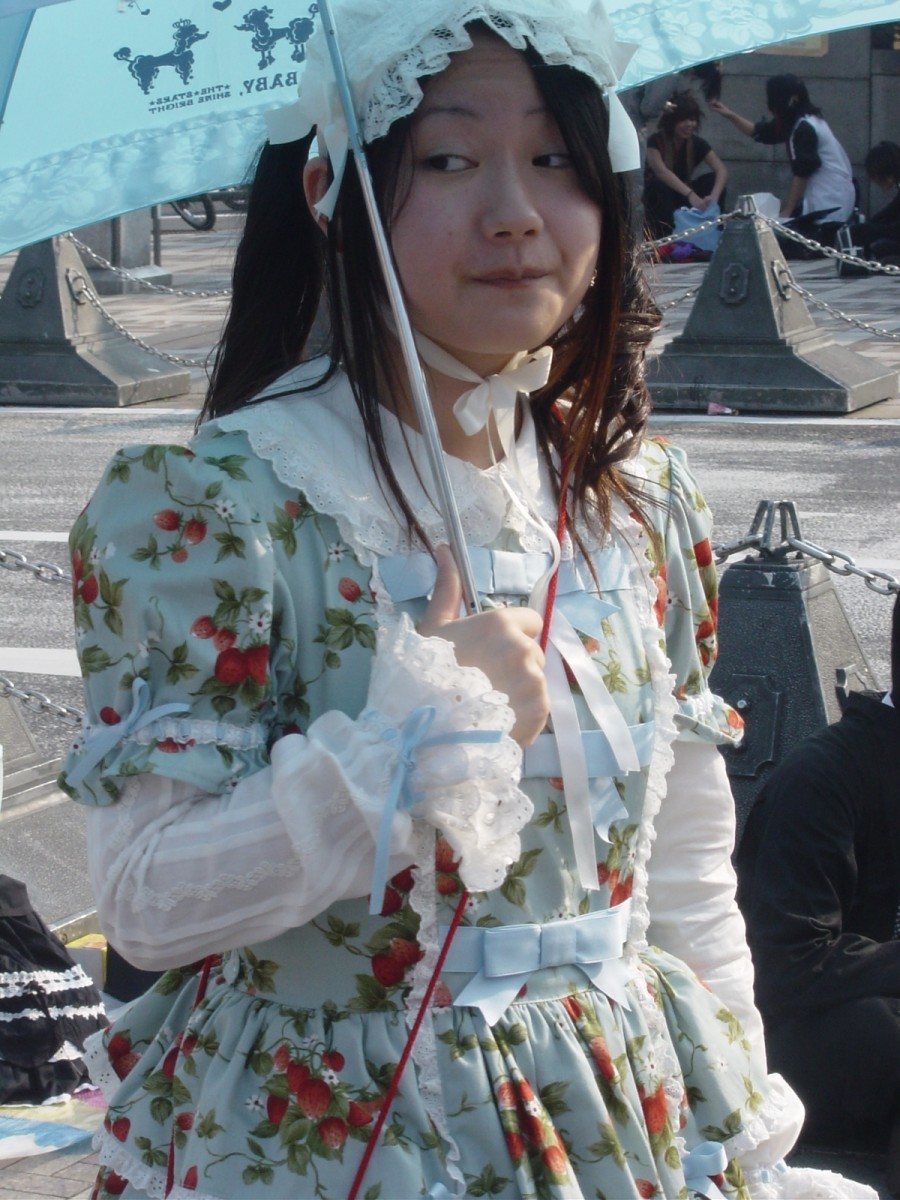Like this post? Help us by sharing it!
Visiting Japan for the first time sometimes feels as if you’ve been teleported to a strange and different world. There is always a nagging concern that you might inadvertently insult the Japanese by not knowing proper etiquette, your P’s from your Q’s, perhaps bowing incorrectly or forgetting to take off your shoes. Fortunately, the Japanese are very understanding and forgiving of travelers who break minor rules of etiquette and you should do just fine as long as you practice common sense and good manners. However, it certainly doesn’t hurt for you to know a few cultural tips before embarking on a holiday to Japan.
1. Basic Etiquette Rules
Don’t spend too much time worrying about the art of bowing. While it is still a tradition in Japan, foreigners are not expected to understand the small intricacies such as who bows higher or lower. Offering even a small bow, however, will be appreciated as it shows that you are trying to be culturally aware.

As for shoes, in most public places, you will not need to take them off. However, you will be expected to remove your shoes in most private homes or traditional inns and restaurants. Don’t go storming into a ryokan with your shoes on. Leave the dirt from outside on the outside – It’s simple. You should be able to tell if you need to take your shoes off as there will be a raised floor in the ‘genkan’ entrance.
It’s never good to blow your nose in public. Sniffing is the preferred alternative as germs are not spread so easily and it is not so loud. Why do people in Japan wear face masks? – Those masks are medicated and they restrict the spread of germs to others. This is considered polite and respectful to others.

Modesty, manners and punctuality are all important in Japan. The Japanese believe in being on time and expect that their guests also be on time to a degree. If you say you are going to turn up at 6.30 for dinner, please turn up. Otherwise, your kimono clad hosts at your ryokan will probably be slightly concerned about you and your whereabouts, not to mention the beautifully prepared dinner that may have gone slightly cold in your absence – Your loss!
You should also be aware that the Japanese dislike making waves or appearing to be rude, so they will avoid telling you no directly even if they don’t want to do something. So, typically, if a Japanese person says maybe or they will think about something, it might actually his or her way of trying to tell you no.

If staying with a family friends or meeting new neighbours or work colleagues in Japan, it is typically expected that you will show up with a gift for your host/colleagues. It is important to note that the presentation of your gift (Omiyage) in Japan will be just as important as the present itself. Japan is one of the few countries — if not the only one — where you will find something as simple as a watermelon or sweet elaborately wrapped in various bits of beautiful packaging. Omiyage is not expected if you are just visiting as a tourist, but it would be a nice gesture and again shows cultural awareness.
2. Dining in Japan
Bringing a bowl of soup up to your lips and drinking it straight from the vessel is okay, as is making slurping noises while doing so. The latter is generally considered a sign that you are enjoying your food. As for drinks, your host will fill up your glass if it is empty. You should never do so yourself. On the other hand, if you notice that the glasses of your companions are empty, you should fill them. A good rule of thumb to follow if you don’t want to drink anymore is to leave your glass half full. Otherwise, your Japanese companions will politely fill it back up again.
3. Bathing – The Ofuro
If you are lucky enough to be invited to take part in an ofuro, or communal bath, be aware that you should always soap up and wash off before entering the bathing tub itself. There will be a separate area, typically with a little stool, where you can clean off. The ofuro is meant only for soaking and relaxing in. You DO NOT wear a bathing suit into the public baths. Bathing is done as nature intended.
4. Pictures
You will often find colorfully dressed young people hanging out in Japan, especially in trendy areas like Harajuku. Even though you may think that these unusually dressed fashionistas want their pictures taken, many actually do not….although many do. Always politely ask before snapping away.
There are lots of things done differently in Japan, but that is part of the fun of travelling to a country with a very different culture. So long as you try and respect the culture you are in, smile and be resonably polite, you have nothing to worry about. The Japanese will love introducing you to their proud culture and it will be great fun!






